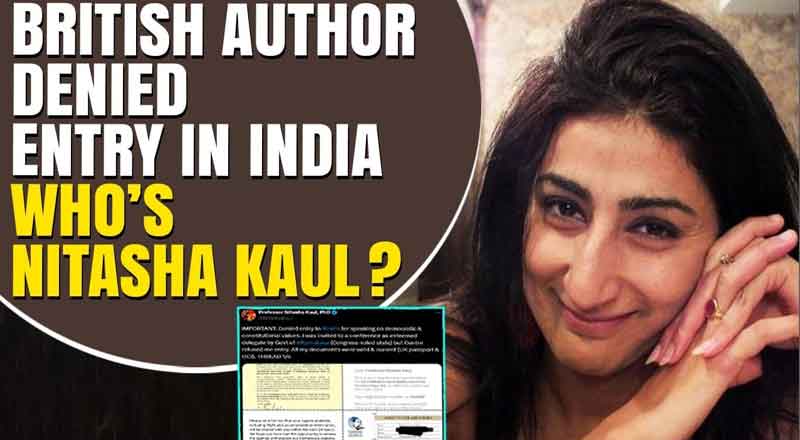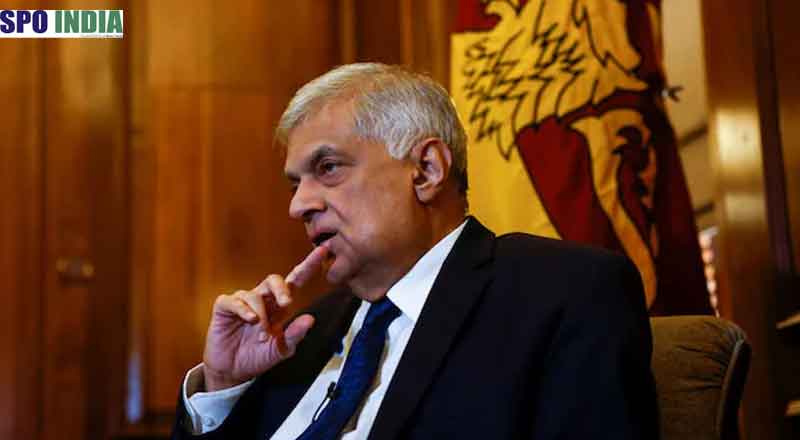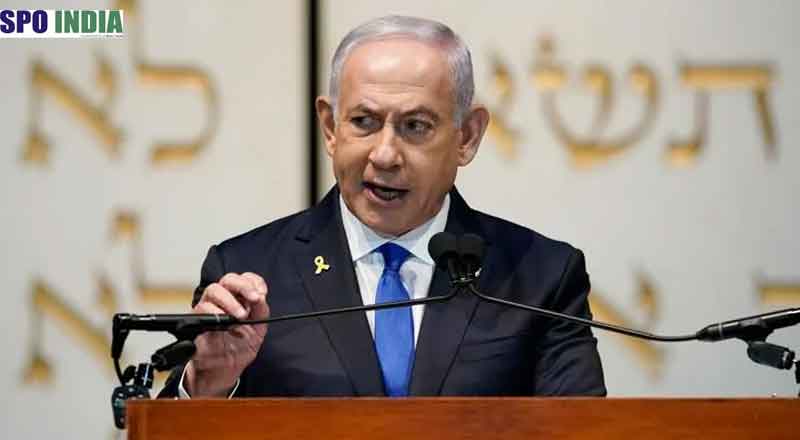- A political battle has ignited between the Congress and the BJP in Karnataka following the denial of entry to a United Kingdom professor scheduled to attend a conference on the Constitution.
- Karnataka Ministers accused the central government of infringing upon individual and state rights.
- The BJP labelled the professor, Nitasha Kaul of the University of Westminster, as a “known terrorist sympathizer” and critic of India.
- Kaul, an Overseas Citizen of India, alleged that she was refused entry despite being invited by the Karnataka government to participate in the ‘Constitution and National Unity Convention-2024’.
- Kaul, a globally respected academic, defended her stance, asserting her commitment to liberal democratic values and challenging authoritarianism.
A contentious political battle has ignited between the Congress and the BJP in Karnataka following the denial of entry to a United Kingdom professor scheduled to attend a state government-sponsored conference on the Constitution. The situation escalated as Karnataka Ministers accused the central government of infringing upon individual and state rights, while the BJP labeled the professor, Nitasha Kaul of the University of Westminster, as a “known terrorist sympathizer” and critic of India.
Kaul, an Overseas Citizen of India, alleged that she was refused entry despite being invited by the Congress-led Karnataka government to participate in the ‘Constitution and National Unity Convention-2024’ held on February 24 and 25. Expressing her dismay on social media, Kaul highlighted the discrepancy between the invitation extended by the state government and the refusal of entry by the central government.
The denial of entry has sparked a heated exchange between political factions. Karnataka Ministers decried the incident as an assault on the rights of state governments and a threat to the constitutional fabric of India. They emphasized the importance of upholding democratic principles and ensuring freedom of expression and academic discourse.
In contrast, the BJP condemned the Karnataka government for extending an invitation to Kaul, labeling her as a sympathizer of the ‘Tukde Tukde Gang’ and accusing her of disseminating anti-India propaganda. BJP leaders criticized the Congress for hosting Kaul and questioned the allocation of funds for the conference amid pressing issues like drought and water scarcity.
Amid the political wrangling, questions have been raised about the state of democracy in India and the freedom of expression. Opposition leaders denounced the denial of entry as indicative of a dictatorial regime, emphasizing the need to uphold constitutional values and respect diverse viewpoints.
Kaul, a globally respected academic, defended her stance, asserting her commitment to liberal democratic values and challenging authoritarianism. She underscored her academic credentials and expressed her disappointment at being barred from attending the conference.
The incident underscores broader tensions surrounding academic freedom, political dissent, and the delicate balance between state and central authority in India. As stakeholders continue to debate the implications of Kaul’s denial of entry, it reignites discussions about the fundamental principles that underpin Indian democracy and the importance of safeguarding individual liberties.
In a complex and evolving political landscape, the incident serves as a stark reminder of the challenges faced in reconciling divergent perspectives within the framework of a pluralistic democracy. As the debate unfolds, it prompts reflection on the values enshrined in the Indian Constitution and the imperative of protecting the rights and freedoms of all citizens.
(With inputs from agencies)





